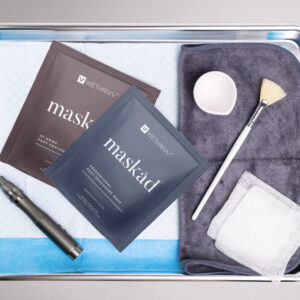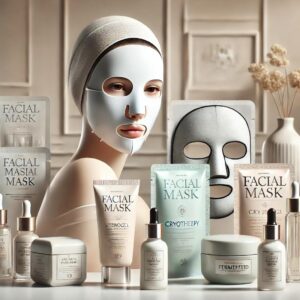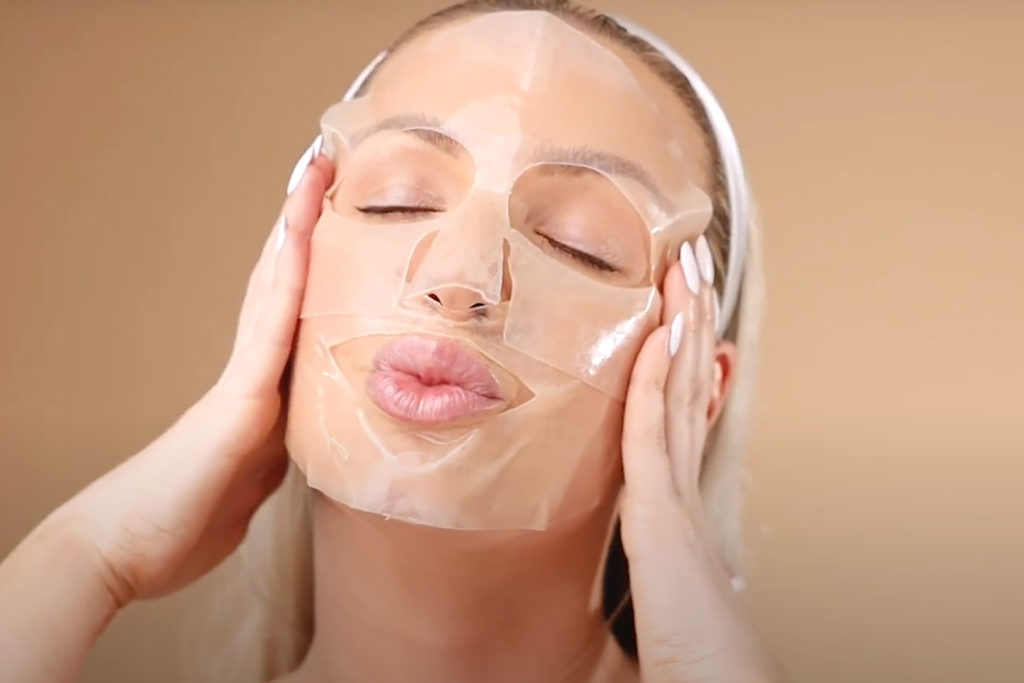
The Best Time to Apply Face Masks in Your Skincare Routine
In the quest for glowing and healthy skin, face masks have become a beloved staple in many skincare routines. But when is the best time to apply a face mask to reap the maximum benefits? In this blog post, we’ll dive into the optimal times for incorporating face masks into your skincare regimen, ensuring your skin gets the love and care it deserves.
Understanding the Benefits of Face Masks
Face masks offer a variety of benefits, from deep cleansing and exfoliation to intense hydration and brightening. The key to maximizing these benefits lies not only in choosing the right mask for your skin type but also in applying it at the most effective times.
Morning vs. Night: When to Apply Your Face Mask
Morning Application
Applying a face mask in the morning can set the tone for your entire day. Here are a few reasons why morning might be the best time for you:
- Energize and Revitalize: A refreshing mask can wake up your skin, giving you a healthy, glowing start. Look for masks with ingredients like vitamin C, caffeine, or citrus extracts.
- Prep for Makeup: A hydrating or smoothing mask can create a perfect canvas for makeup application, ensuring your foundation goes on smoothly and lasts longer.
- Combat Puffiness: Masks with cooling properties can reduce morning puffiness, especially around the eyes.
Evening Application
Nighttime is traditionally the most popular time for applying face masks, and for good reasons:
- Deep Cleansing: After a long day, your skin can benefit from a deep-cleansing mask to remove impurities, makeup residue, and pollutants.
- Repair and Rejuvenate: During sleep, your skin goes into repair mode. Applying a mask with ingredients like retinol, peptides, or hyaluronic acid can enhance this natural process.
- Stress Relief: An evening mask can be a relaxing end to your day, helping to reduce stress and prepare your mind and body for rest.
Tailoring to Your Skin Type
The best time to apply a face mask can also depend on your skin type:
- Oily Skin: Consider a clay or charcoal mask in the evening to absorb excess oil and unclog pores.
- Dry Skin: Hydrating masks with ingredients like hyaluronic acid or glycerin can be beneficial both in the morning and at night.
- Sensitive Skin: Opt for calming masks with ingredients like aloe vera or chamomile, preferably in the evening when your skin is not exposed to external stressors.
Seasonal Considerations
Your skincare routine should adapt to the changing seasons:
- Summer: Morning masks with antioxidants can protect your skin from UV damage and pollution.
- Winter: Rich, hydrating masks in the evening can combat dryness and flakiness caused by cold weather.
Pro Tips for Maximizing Mask Benefits
- Cleanse Thoroughly: Always start with a clean face to ensure the mask’s ingredients can penetrate effectively.
- Follow Instructions: Each mask is formulated differently. Follow the recommended time and usage instructions for the best results.
- Lock in Moisture: After removing your mask, apply a serum or moisturizer to lock in the benefits and keep your skin hydrated.





